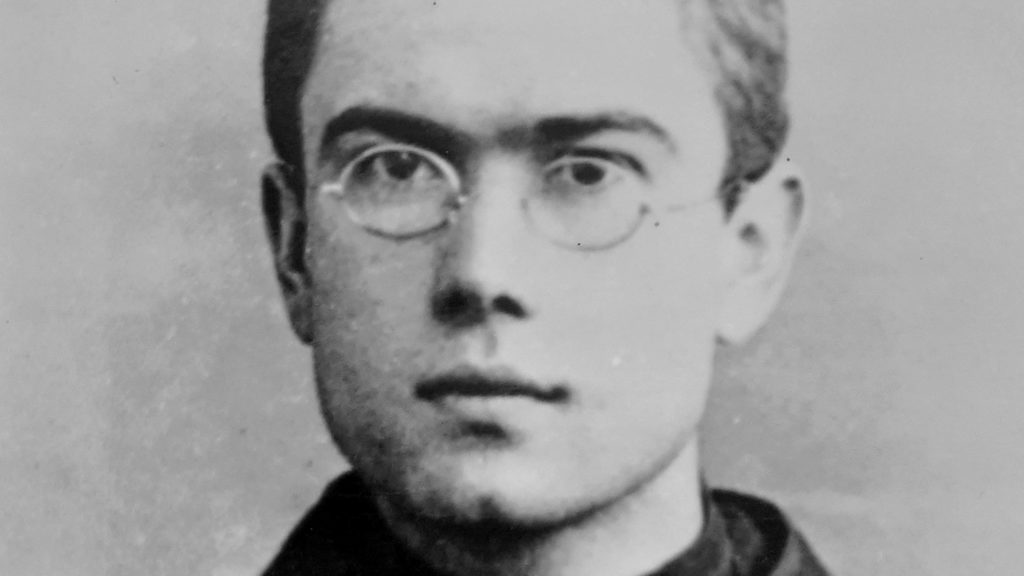I’m often asked to list the theologians who have influenced me most, and I confess to being fickle.
The list changes. In any given instance, it’s more likely to highlight the thinkers who are most influencing my work that week. I have thousands of volumes in my library, and so many of those books are on my shelves because their authors have affected me in some way.
But a few theologians are constant, and St. Father Maximilian Kolbe is one of them.
When I do mention him, the typical response is surprise. People know him as a hero. He was the prisoner at Auschwitz who volunteered to die in the place of a man who had been condemned. For the sake of another prisoner — a husband and father — Kolbe suffered two weeks of torture before dying.
His heroism is undeniable. By no standard was he morally obliged to step forward. No one would have faulted him if he had stood silently along with the other men from his barracks. In fact, he would have been praised for successful self-preservation.
But by laying down his life for another, he witnessed to the sheer gratuity of Jesus’ sacrifice.
He is justly praised and best known for that action.
Few people, however, know that he was a pioneering and daring theologian, especially in the field of Mariology. At the time of his arrest, he was planning a systematic exploration of the field, with special emphasis on the Blessed Virgin’s relations with the Persons of the Trinity. He was prevented from following through on his outline, but after his death his brother Franciscans gathered relevant writings from his articles and letters.
He wrote of the Holy Spirit as the “uncreated Immaculate Conception” uniquely conformed to Mary, who is the “created Immaculate Conception.”
She was, for him, the “creature most completely filled with this love, filled with God himself ... United to the Holy Spirit …, she is one with God in an incomparably more perfect way than can be predicated of any other creature.”
For decades now, Maximilian has been a guide to me. I bring him up this month because he died on Aug. 14, the day before we celebrate the Assumption of Mary and a few days before the feast of her queenship. I think it’s beautiful that he is so closely united to the Blessed Virgin, even on the calendar.
Get to know him this month! He’ll help you to better know her.
And please pray for me as I make a pilgrimage this month to Poland, the land where Maximilian was born and died. I promise to remember you to him — and the Blessed Virgin, who is always nearby — and to St. Pope John Paul II and Blessed Stefan Wyszyński. I am profoundly devoted to the saints of Poland.

